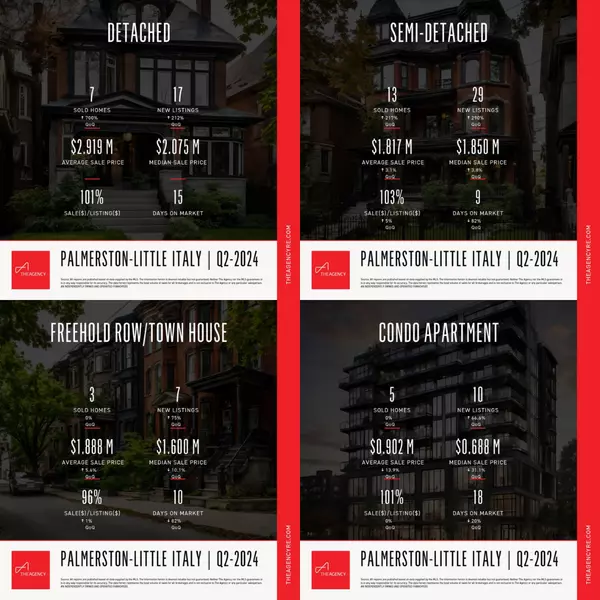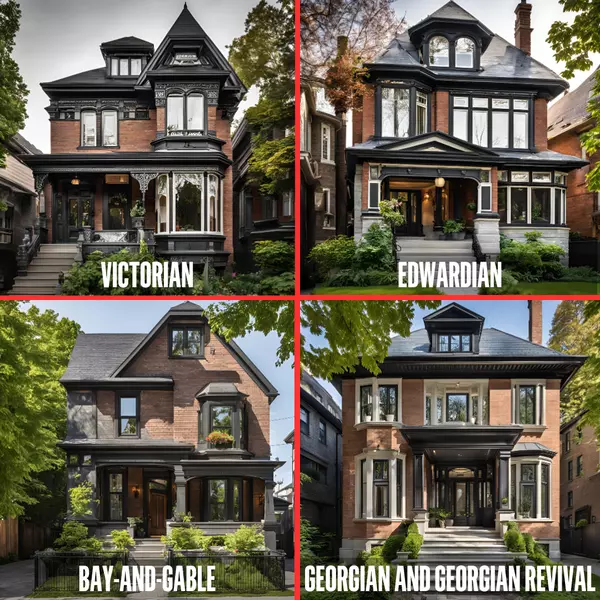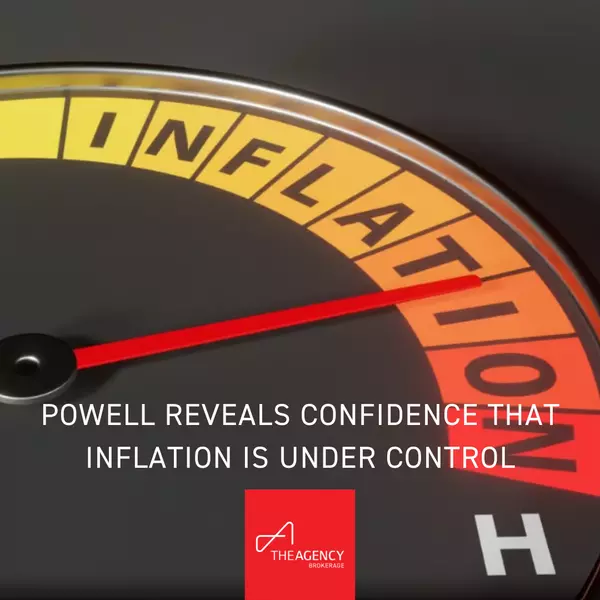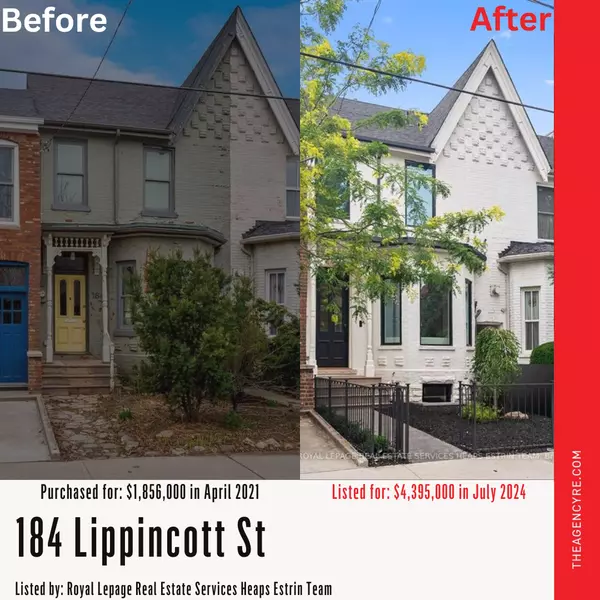Toronto Vacant Home Tax
Are you a property owner in Toronto? Have you heard about the Vacant Home Tax (VHT) but are unsure about what it entails? Look no further! In this comprehensive guide, we'll break down everything you need to know about the Vacant Home Tax, from its purpose to how it's calculated, and how you can comply with it.
What is the Vacant Home Tax?
The goal of the Vacant Home Tax (VHT) is to increase the supply of housing by discouraging owners from leaving their residential properties unoccupied. Homeowners who choose to keep their properties vacant will be subject to this tax. Revenue collected from the VHT will be allocated towards affordable housing initiatives, including the Multi-Unit Residential Acquisition (MURA) program.
How It Works:
-
Occupancy Status Declaration: Owners of residential properties in Toronto must declare the occupancy status of their property annually, regardless of whether they reside there. However, certain exemptions apply, such as properties that are the principal residence of the owner, occupied by tenants, or qualify for specific exemptions.
-
Identification of Vacant Properties: A property is considered vacant if it meets specific criteria, including not being the principal residence of the owner or any permitted occupants, not being occupied by tenants for a total of six months or more during the calendar year, and not qualifying for an exemption.
-
Declaration Submission: Owners can submit their declaration of occupancy status through the secure online portal provided by the city or by mail, using the required documentation.
-
Tax Calculation: The Vacant Home Tax is calculated as a percentage of the property's Current Value Assessment (CVA). For the 2022 and 2023 taxation years, the tax rate is one percent of the CVA for properties declared vacant for more than six months. From 2024 onwards, the tax rate increases to three percent.
How to Declare:
-
Online Portal: The city's secure online portal is the preferred method for submitting a declaration. Property owners will need their assessment roll number and customer number from their property tax bill or statement.
-
Required Documentation: Depending on the occupancy status selected, supporting documentation may be required. This includes proof of residency, death certificate (for exemptions related to death), permits for renovations, and other relevant documents.
-
Exemptions: Certain exemptions apply, such as the death of a registered owner, property undergoing repairs or renovations, or the principal resident being in care. Each exemption has specific criteria and requires supporting documentation.
Late Declarations and Penalties:
Failure to submit a declaration by the deadline results in the property being deemed vacant and subject to the tax. A fee is charged for late declarations, and interest accrues on overdue tax amounts. Fines may also apply for false declarations or failure to provide information when requested.
Change of Ownership:
For property transactions, both purchasers and vendors are responsible for ensuring the declaration of occupancy status is submitted. Vendors should provide a copy of the declaration to the purchaser, and purchasers should conduct due diligence to understand property tax liabilities.
Conclusion:
The Vacant Home Tax is a proactive measure aimed at addressing housing affordability and utilization in Toronto. By encouraging the active use of residential properties, the tax contributes to creating more vibrant and inclusive neighborhoods while funding essential affordable housing initiatives. Property owners play a crucial role in complying with the tax requirements, ensuring the effective implementation of this innovative policy.
Reference: https://www.toronto.ca/services-payments/property-taxes-utilities/vacant-home-tax/
Categories
- All Blogs (11)
- architecture (1)
- century home (2)
- home owner (3)
- Investment property (4)
- luxury condos (3)
- luxury real estate (5)
- multiplex (1)
- new condo (2)
- Palmerston-Little Italy (1)
- preconstruction (2)
- real estate (6)
- Real estate investment (3)
- real estate market (3)
- Tax (1)
- Toronto real estate (3)
- Toronto Tax (1)
- under construction (1)
Recent Posts










